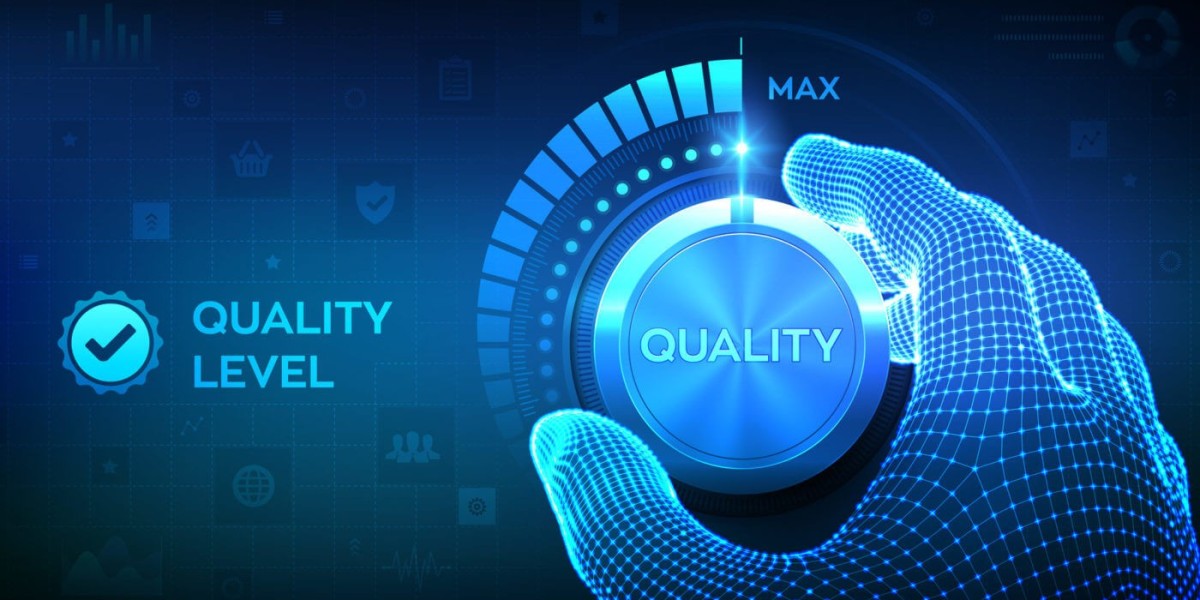Big data is transforming how organizations approach software testing by enabling data-driven, intelligent testing strategies that ensure higher quality, faster releases, and reduced risks. Leveraging big data in software testing allows teams to analyze vast amounts of testing information and user behavior data to optimize test coverage, predict defects, and validate system performance comprehensively.
The Emergence of Big Data in Software Testing
As software ecosystems grow more complex with microservices, cloud-native applications, IoT integrations, and AI-powered functionalities, the volume, variety, and velocity of test data increase exponentially. Traditional testing methods—manual or simplistic automation—no longer suffice for capturing the full spectrum of test conditions and user interactions.
Big data supports processing terabytes or even petabytes of test execution logs, performance metrics, code changes, and field telemetry. This data can be collated, normalized, and analyzed to uncover patterns, identify bottlenecks, and gain insights that guide testing strategy dynamically.
Benefits of Data-Driven Software Testing
Enhanced Test Coverage and Accuracy
Big data analytics enables the identification of high-risk areas by mining defect histories, usage frequency, and failure patterns. This informs test teams about critical modules requiring extensive regression and exploratory testing, ensuring efforts target the most impactful components and reduce wasted cycles on low-risk areas.
Machine learning algorithms applied to big data can automatically generate optimized test suites, eliminating redundant tests while increasing defect detection rates. This precision improves test coverage without overextending resources.
Predictive Defect Detection and Prevention
By analyzing historical bug data alongside real-time code changes and CI/CD pipeline metrics, organizations can predict where new defects are likely to emerge. Predictive analytics helps teams to prioritize test execution and focus on potential failure points proactively, minimizing production defects and increasing release confidence.

These insights also feed back into development processes, enabling preventive actions such as code refactoring and design improvements early, accelerating overall product quality.
Performance and Scalability Validation
Software increasingly operates in data-intensive, distributed environments. Big data-driven testing validates system behavior and performance under real-world, large-scale workloads by simulating millions of concurrent users and transactions.
Analyzing performance telemetry during load and stress testing uncovers resource bottlenecks, latency issues, and failure thresholds. Test teams use these insights to fine-tune infrastructure and application configurations, ensuring systems meet demanding SLAs and scale efficiently.
Continuous Testing and Faster Time-to-Market
Integrating big data analytics into continuous testing pipelines accelerates feedback loops and enables real-time monitoring of test results across diverse environments. Automated dashboards consolidate quality metrics, build statuses, and user experience data, equipping teams with immediate insights to facilitate swift issue resolution.
This data-driven approach supports continuous integration and continuous delivery (CI/CD) workflows that respond dynamically to quality signals—accelerating deployment cadence while maintaining stability.
Implementing Big Data Software Testing Practices
Data Collection and Aggregation
Successful big data testing starts with comprehensive data collection encompassing test logs, code repositories, build outputs, error reports, and user feedback. Centralized data lakes or warehouses store and prepare this data for analysis.
Automated logging frameworks and monitoring agents embedded in test environments enhance the volume and granularity of collected data, enabling rich analytics.
Advanced Analytics and AI-Driven Insights
Applying statistical analysis, machine learning, and anomaly detection techniques to big data generates actionable knowledge. AI models trained on historical defects and code patterns forecast risk areas and suggest code or test improvements.
Visualization tools highlight trends and outliers, helping stakeholders make informed decisions regarding release readiness and resource allocation.
Automation Integration
Automated testing tools execute large-scale test suites, generating consistent and repeatable results that feed into big data repositories. Automation makes testing faster, more reliable, and scalable.
Combining automation with big data techniques reduces human error and frees testers to focus on complex exploratory testing and usability evaluations.

Security and Compliance Monitoring
Big data testing also incorporates security audits and compliance checks. Analyzing logs for vulnerabilities or misconfigurations during testing phases improves software security posture ahead of production.
Compliance reporting based on test data ensures adherence to regulations such as GDPR, HIPAA, or PCI DSS—critical in regulated industries.
Challenges and Solutions
The volume and heterogeneity of big data introduce challenges such as data integration complexity, storage management, and skill shortages in data analytics. Mitigating these requires cloud platforms that provide scalable storage and analytics, as well as skilled cross-functional teams combining testing expertise with data science.
Data privacy concerns necessitate stringent controls and anonymization techniques in test data management to protect sensitive information.
Why Choose Avenga for Big Data-Driven Testing
Avenga – Global Technology Partner, offers extensive expertise in combining big data capabilities with modern QA strategies. Their services include test automation, AI-driven testing, performance validation, and end-to-end quality assurance solutions aligned with business priorities.
Avenga helps organizations implement scalable big data testing frameworks that unlock faster feedback cycles, higher software quality, and risk mitigation. Learn more about Avenga’s software testing expertise at https://www.avenga.com/software-testing/
Harnessing the Power of Big Data for Superior Software Quality
Leveraging big data in software testing is pivotal in meeting the demands of today’s complex software systems while enabling businesses to accelerate innovation and reduce operational risks. Data-driven testing transforms quality assurance into a predictive, intelligent, and continuous process critical for delivering reliable and performant software in a competitive marketplace.
As organizations continue to embrace digital transformation, big data-driven testing will remain a key factor in achieving scalable, efficient, and high-quality software delivery now and into the future.








